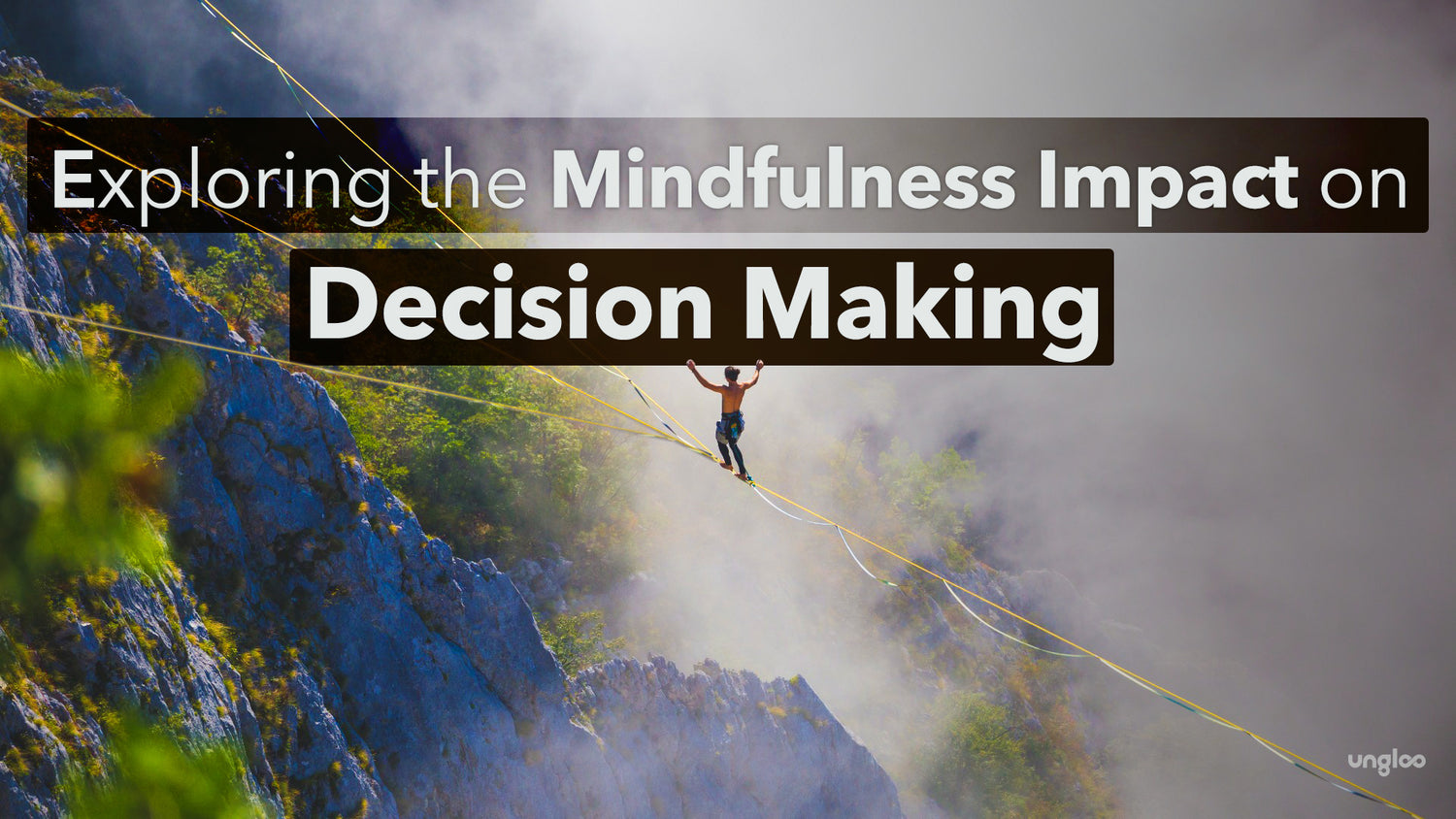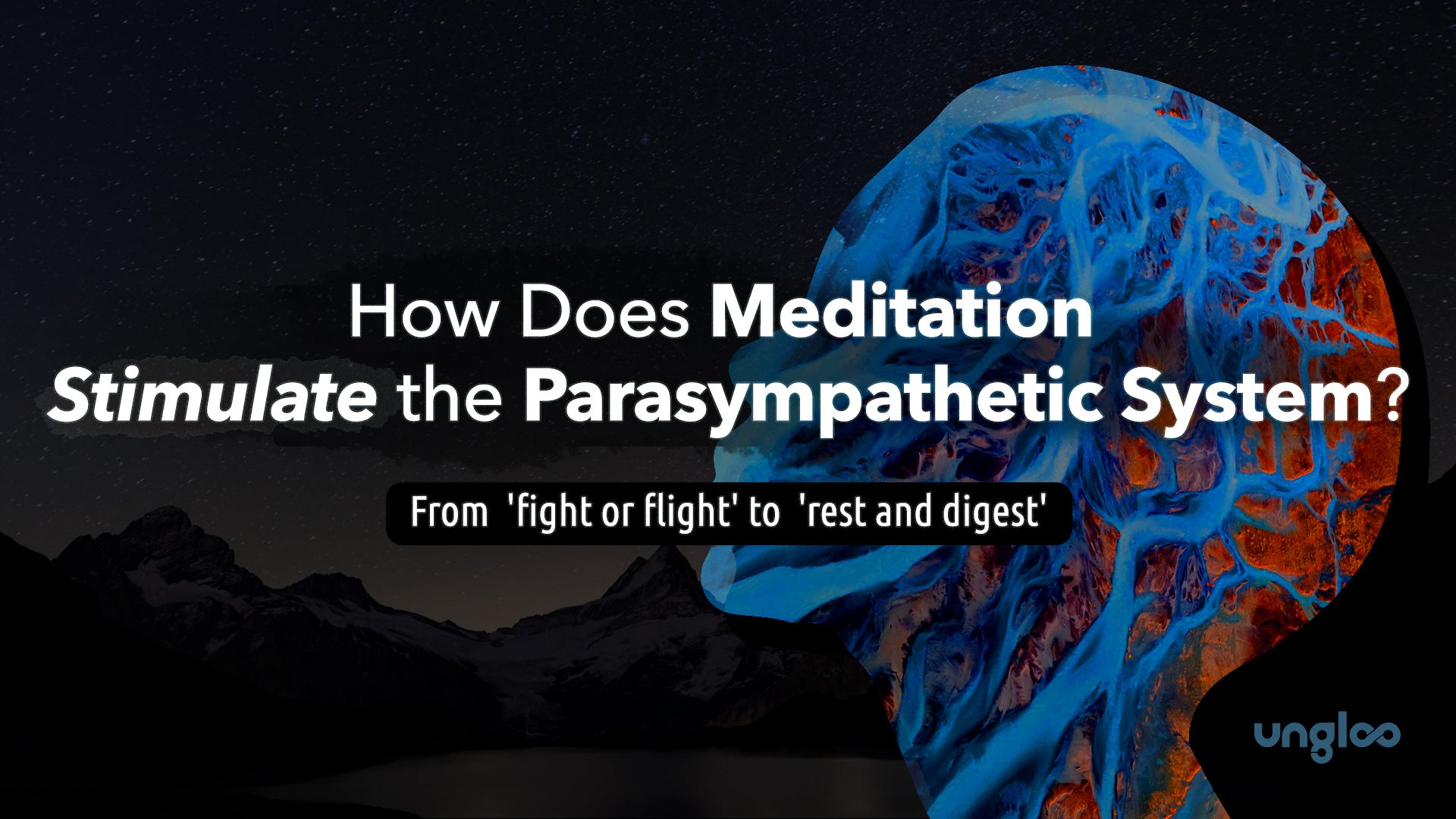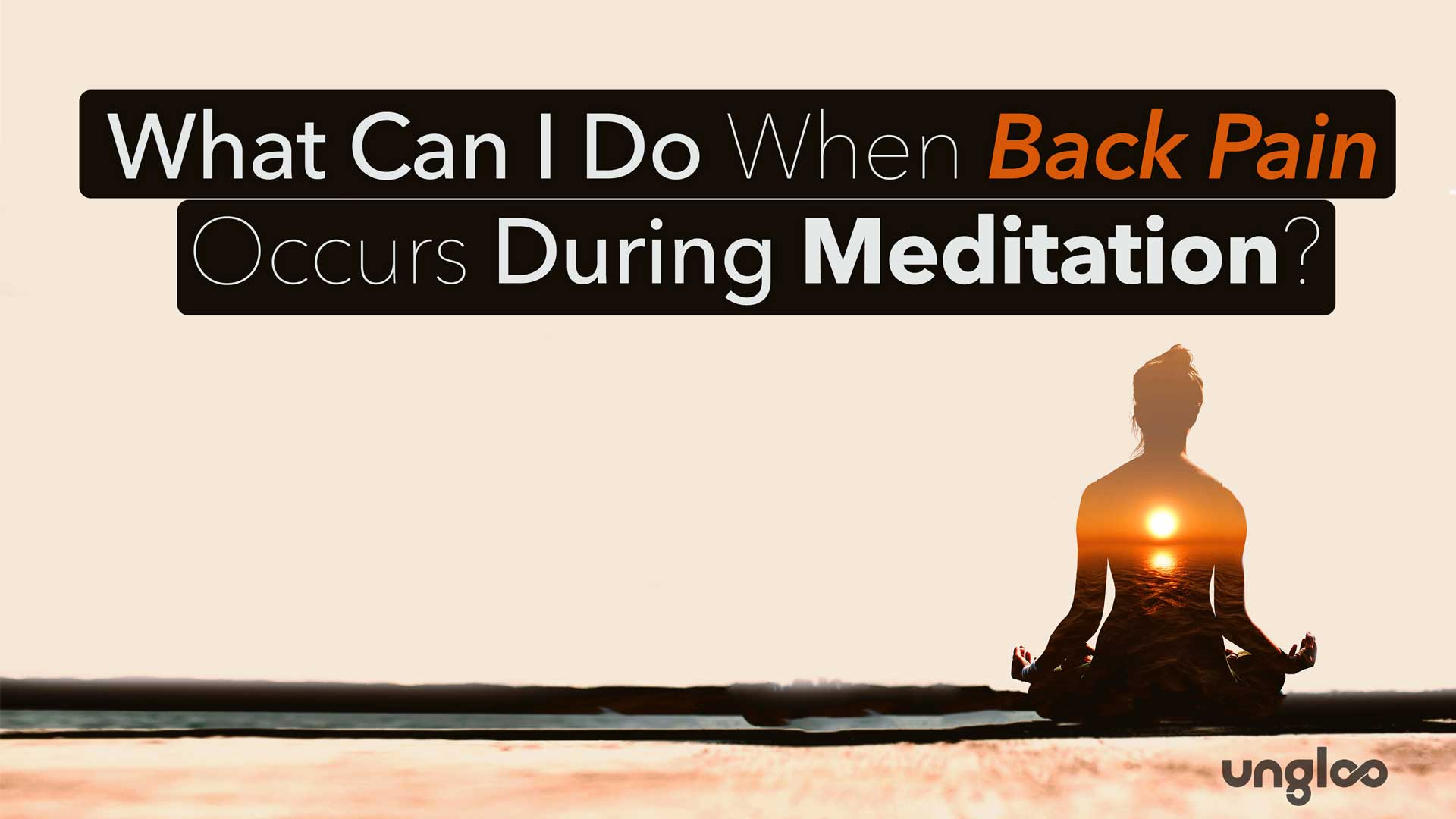Mindfulness involves being aware of your thoughts, feelings, and sensations. It can help you reduce stress, improve focus, and enhance your overall well-being. Further, are you familiar with the mindfulness impact on decision making?
There are many recognized benefits of meditation and mindfulness. In practicing these mental intentions, you'll find a healthier, happier you in no time.
The connection between meditation and decision making is the one we'll be taking a closer look at in this article. Keep reading to improve your daily life and ability to make the wisest decisions.
Explanation of Mindfulness
Mindfulness means being fully engaged in the present moment. It means noticing what you're doing, thinking, and feeling without judgment.
It can be noticed when you are eating, walking, or even talking with friends. For instance, when eating, you can pay attention to the taste, smell, and texture of your food. Notice how your body feels as you eat.
Mindfulness can be useful in many situations. Examples include feeling stressed or anxious. By practicing mindfulness, you can learn to be more present and less focused on the past or future.
Let's look at it when you're at work. Instead of worrying, you can focus on the task at hand and be more productive. After all, leading experts recognize the connection between positive mental health and success in the workplace.
By being fully present, you can notice when you are becoming distracted or overwhelmed. Then, take steps to refocus your attention. This can help you make better decisions and avoid mistakes.
Connection Between Meditation and Decision Making
Meditation and mindfulness are directly related. In essence, meditation is the more focused training and practice of your overall daily mindfulness.
Meditation is a technique that involves focusing your attention on a particular object, thought, or activity. This is how you train yourself to stay more focused in the present moment. As a result, your decision making abilities will benefit in all areas of your life.
One way that meditation can improve decision making is by reducing stress and anxiety. When you're stressed, it can be difficult to think clearly and make rational decisions.
Meditation can also improve your focus and attention span. When you meditate, you're training your mind to focus on one thing and ignore distractions. This can help you stay focused on your goals.
Mindfulness Impact on Decision Making
Everyone's unique mindfulness impact on decision making can vary. Success can depend on a number of factors.
One factor is the level of experience and skill in practicing mindfulness. Those who have more experience with self-help and mindfulness may see greater benefits.
Another factor is the specific mindfulness technique being used. Different techniques may be more effective in different situations. Further, this can depend on the individual's needs and preferences.
Context can also impact the connection between meditation and decision making. For example, mindfulness may be more effective in reducing biases in a high-stress situation, such as a job interview. In a low-stress situation, you might not notice the effects as much.
Individual differences can also affect the effectiveness of mindfulness in decision making. These might include personality traits and cognitive abilities. So, individuals with high levels of self-awareness may see greater benefits from mindfulness practices.
Mindfulness Techniques
One mindfulness technique is to focus on your breath. This is the basis of most meditation practices.
Even 10-15 minutes of daily meditation can help. Don't worry, though—meditation should be calming, and there's no special sitting position involved.
Start by taking deep breaths and focusing on the sensation. This can help to calm the mind and reduce stress, which can lead to more rational decisions.
Another technique worth noting is called body scanning. It involves paying attention to different parts of the body and noticing any sensations or tensions.
Visualizations can also be used as a mindfulness practice for decision making. For this technique, imagine different scenarios and their potential outcomes. You can then use that information to make a more informed decision.
Finally, practicing gratitude can be a mindfulness technique that offers many benefits. Do this by shifting the focus from negative thoughts to positive ones whenever you notice them. This can help to reduce stress and increase your feelings of contentment and well-being.
Overview of Mindfulness Training
The amount of time it takes to see results from mindfulness training can vary. This depends on the individual and the program being used.
Some people may see immediate benefits. They could notice increased relaxation and less stress. Others, though, may need to practice for several weeks or even months before seeing significant changes.
There are many different mindfulness training programs available, too. You'll find them both in-person and online.
These programs can vary in their approach and effectiveness. It's important to do plenty of research ahead of time.
One critique of some mindfulness training programs is that they can be overly focused on relaxation and stress reduction. It's thought that this may not provide enough guidance on how to apply mindfulness to real-life situations.
However, there are many effective training programs that focus on developing the skills you really need. These include attentional control, emotional regulation, and cognitive flexibility. All of these can be applied to a variety of contexts.
Making Ethical Decisions
Did you know that mindfulness can also be a helpful tool for making more ethical decisions? One way to practice this is to focus on your intentions.
Be conscious of bringing awareness to your motives and values. That way, you can make decisions that align with your ethical beliefs and values.
Another way to use mindfulness for ethical decision making is to practice empathy. Try putting yourself in someone else's shoes and considering their perspective. Then, you can make decisions that take into account the well-being of others.
Invest in a Better You
You're now more familiar with the mindfulness impact on decision making. There are so many ways to improve your day-to-day life by investing in your mental health.
If you're ready to invest in your meditation and decision making, we're here to help. Start by learning more about our inventory of products that can further enhance your meditation practice.



